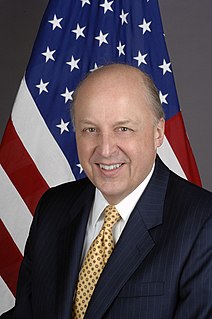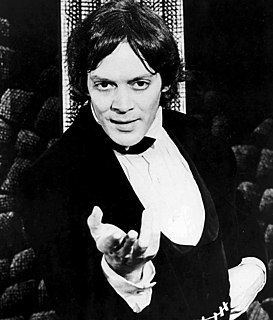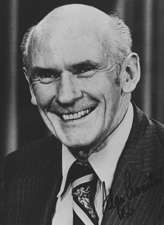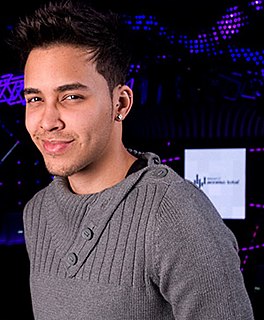A Quote by Stephen Kinzer
By the late 1970s, repression and economic chaos were causing increasing unrest throughout Latin America. Army strongmen were forced to cede power in Peru, Argentina, Uruguay, Brazil, Ecuador, Bolivia, Nicaragua, El Salvador, Honduras and the Dominican Republic.
Related Quotes
Between 1831 and 1891, US armed forces - usually the Marines - invaded Mexico, Cuba, the Dominican Republic, Puerto Rico, Panama, Colombia, Nicaragua, Uruguay, Brazil, Haiti, Argentina, and Chile a total of thirty-one times, a fact not many of us are informed about in school. The Marines intermittently occupied Nicaragua form 1909 to 1933, Mexico from 1914 to 1919, and Panama from 1903 to 1914. To 'restore order' the Marines occupied Haiti from 1915 to 1934, killing over two thousand Haitians who resisted 'pacification.'
We still have our people working in the cane fields in the Dominican Republic. People are still repatriated all the time from the Dominican Republic to Haiti. Some tell of being taken off buses because they looked Haitian, and their families have been in the Dominican Republic for generations. Haitian children born in the Dominican Republic still can't go to school and are forced to work in the sugarcane fields.

































